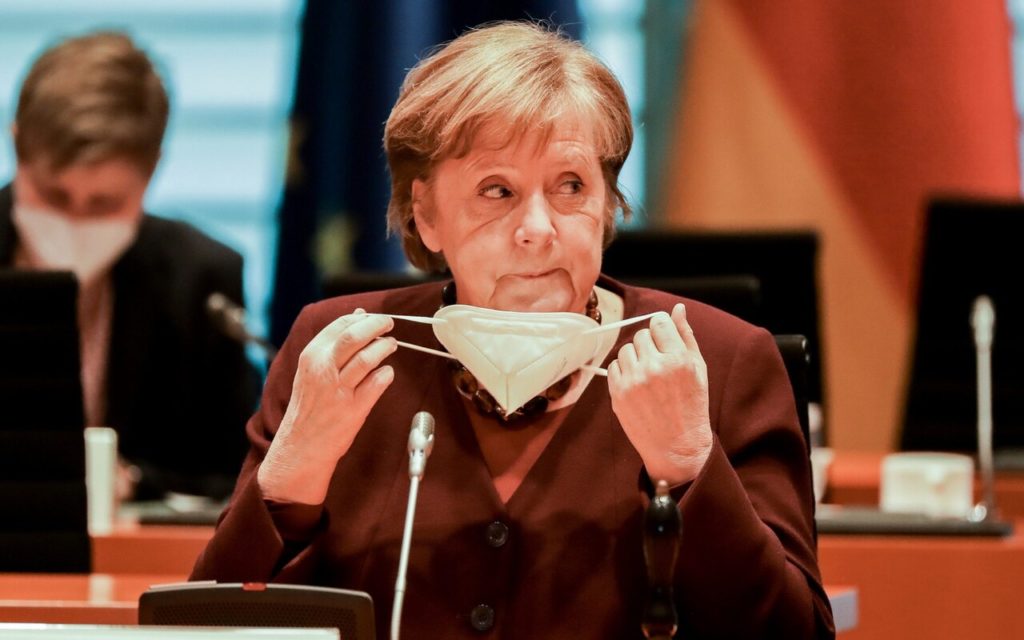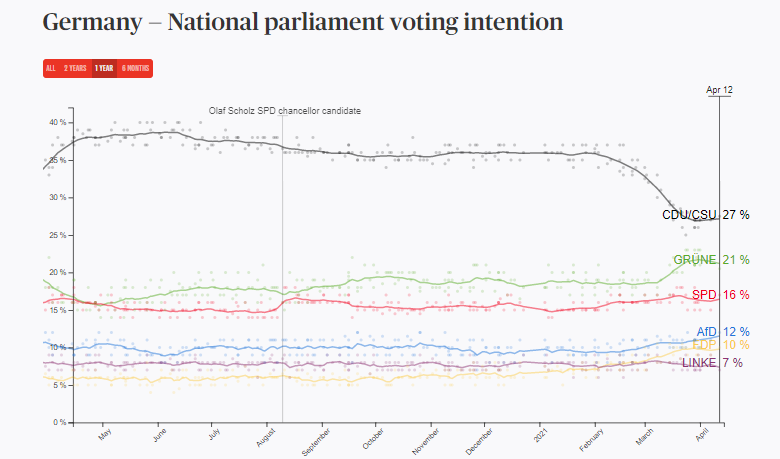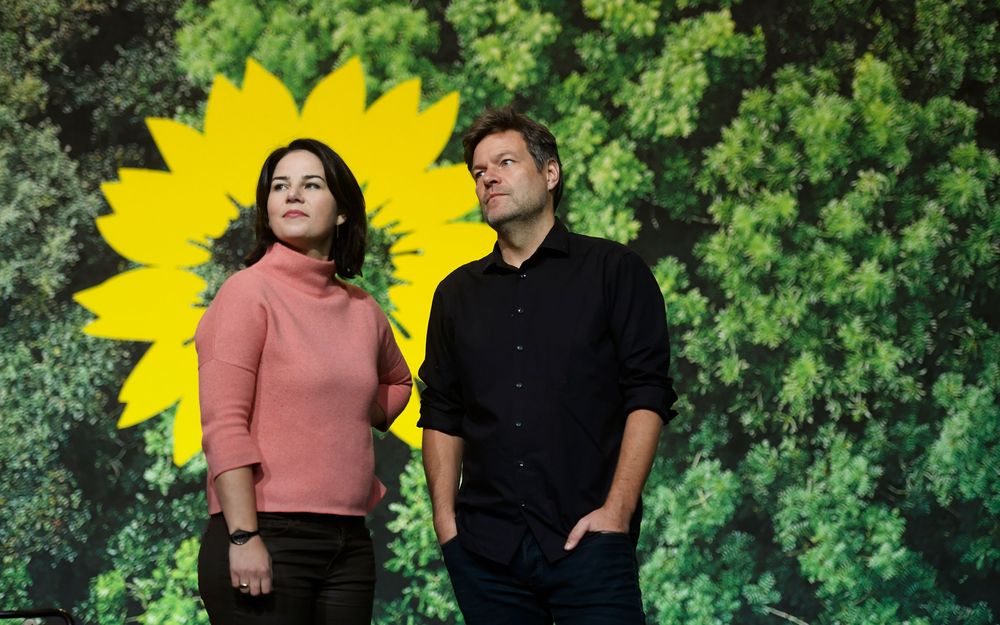
The European Union relies too heavily on German Chancellor Angela Merkel. For the first time in 16 years, she’s not an option. Now the EU will have to learn to survive without her or a strong Germany. Is this a bad thing?
European leadership in both national capitals and Brussels will have to figure out how to advance the EU values and economic recovery without Merkel, for better or worse. It is hard to think of the EU collective leadership rising to the challenge given they have never done it before. This is likely to leave the EU in a continuous internal political battle with only fits and starts at making the Union ‘ever closer.’
Or will a change in typical German domination of the EU political space create the room for European leadership to find a more uniform and balanced voice? One that can resonate globally as well as domestically and not just in response to Germany? I find that unlikely but not impossible.
There was a glimmer of hope with the July 2020 agreement on the €750 billion recovery effort, Next Generation EU, to help the EU tackle the crisis caused by the pandemic. This announcement made it look like the EU could come together in this crisis, work together and think strategically about the future.
However, that quickly changed as the pandemic continued. The EU’s long-term budget negotiations were bogged down with issues from a variety of countries, each one playing their stereotyped roles and again raising the question of whether the EU could ever actually work together.
In the meantime, Joe Biden’s and the Democrats’ victory in the US righted the almost capsized American ship.
Boris Johnson’s popularity recovered after sinking on the back of delivering 1) a less immediately traumatic Brexit and 2) vaccines. The EU fell back to third place.
Now, not only does the current environment look marred with a resurgence of COVID-19 but we’ve started the countdown to the September election in Germany. The first in 16 years without Merkel. Everyone is starting to realize that it is highly likely that Germany isn’t going to have the capacity to drive the EU as it did before.
Right before I began my homeschooling adventure, I wrote about how Merkel needed to exit the scene to prepare Germany and Europe for the post-Merkel period. It would be hard for any leader, let alone a popular one with 15 years in power under her belt, to leave during a crisis. However Merkel should have made space for an heir. History is littered with leaders who stayed too long.
Merkel’s party, the CDU/CSU, has been in power for too long and is too associated with the status quo. They themselves can’t make a decision on how to best proceed. What made Merkel great was her ability to read public sentiment and tack to the middle ground, making everyone happy and avoiding controversy. It seems that the German public is tired of the middle ground and playing it safe. They are looking for a new direction. The Greens ascendancy in polling demonstrates that.

The CDU/CSU division on who to put forward as a candidate should have been resolved internally and long ago. However it hasn’t. Armin Laschet, leader of the CDU and from North Rhine-Westphalia continues to jostle against Markus Soeder, the leader of CDU’s Christian Social Union sister party in Bavaria. Laschet is closer to a continuity candidate while Soeder has been more outspoken and definitive in his views which is proving more popular currently. Neither is likely to change any policies significantly. The question will be is if CDU/CSU can maintain its small lead to be the governing party in the coalition.
Where there may be an opportunity for renewal and a different path forward comes from the strength of the Greens and the possibility of a Green Chancellor. The Greens have long been ticking up in popularity, sitting comfortably in 2nd place, and could change Germany’s political trajectory.
There are two major questions regarding the Greens: 1) which of the co-leaders, Annalena Baerbock or Robert Habeck, will ascend to the candidacy and 2) how much will the Greens change in power?

The Greens have a unique opportunity. The climate is front and centre to many voters, the Greens look increasingly moderate and pragmatic, and Merkel’s and the CDU/CSU position is weakening. The Greens in Germany are likely to be better partners to national leaders throughout Europe given they won’t have Merkle’s singular force. This weakening of power could be better for the EU. It could help support a more collaborative and collegial EU versus one responding to a forceful Merkel.
What it won’t do is anything interesting to German Bunds. It does however begin to develop a sightline to better and sustainable growth in Europe. It also starts to create a foundation for a changing Europe that not only talks about sustainability but implements it. Depending on the specific country’s plans for use of the Next Generation EU funds, it also makes you think there is a possibility for change in Italy. And peripheral bonds start to get a lot more interesting.
And if that is a step too far along that sightline, we still have a very accommodative ECB to smooth the path in the short term. But we can’t take that for granted for too much longer. The US is starting to wake up to that idea already.
Feel free to file under: IT CAN’T ALL BE MERKEL OR MONETARY POLICY FOREVER
